【Spring】@RequestMapping、@RestController和Postman
1.@RequestMapping 注解介绍
@RequestMapping 是 Spring Web MVC 引用程序中最常被用到的注解之一,它是用来注册接口的路由映射的,表示服务收到请求时,路径为 /sayHello 的请求就会调用 sayHi 这个方法的代码
路由映射:当用户访问一个 URL 时,将用户的请求对应到程序中某个类的某个方法的过程就叫路由映射
既然 @RequestMapping 已经可以达到我们的目的了,我们为什么还要加 @RestController 呢?
- 我们把
@RestController去掉,再来访问一次
- 可以看到,程序报了
404,找不到该页面,这就是@RestController起到的作用
一个项目中,会有很多类,每个类可能会有很多的方法,Spring 程序怎么知道要执行哪个方法呢?
- Spring 会对所有的类进行扫描,如果类加了注解
@RestController,Spring 才会去看这个类里面的方法有没有加@RequestMapping这个注解
2. @RequestMapping 使用
@RequestMapping 既可修饰方法,也可修饰类。 当修饰类和方法时,访问的地址是类路径+方法路径
@RequestMapping标识一个类:设置映射请求的请求路径的初识信息@RequestMapping标识一个方法:设置映射请求请求路径的具体信息
import org.springframework.web.bind.annotation.RequestMapping;
import org.springframework.web.bind.annotation.RestController;
@RequestMapping("/user")
@RestController
public class UserController {
@RequestMapping("/sayHello")
public String sayHi() {
return "hello, spring mvc";
}
}
- 访问地址:
http://127.0.0.1:8080/user/sayHello
- 注意:
@RequestMapping的 URL 路径最前面加不加/都可以,Spring 程序启动时,会进行判断,如果前面没有/,Spring 会拼接上一个/
通常情况下,我们加上 /,@RequestMapping 的 URL 路径也可以是多层的,最终访问时,依然是类路径+方法路径
import org.springframework.web.bind.annotation.RequestMapping;
import org.springframework.web.bind.annotation.RestController;
@RequestMapping("/user/m1")
@RestController
public class UserController {
@RequestMapping("/sayHello")
public String sayHi() {
return "hello, spring mvc";
}
}
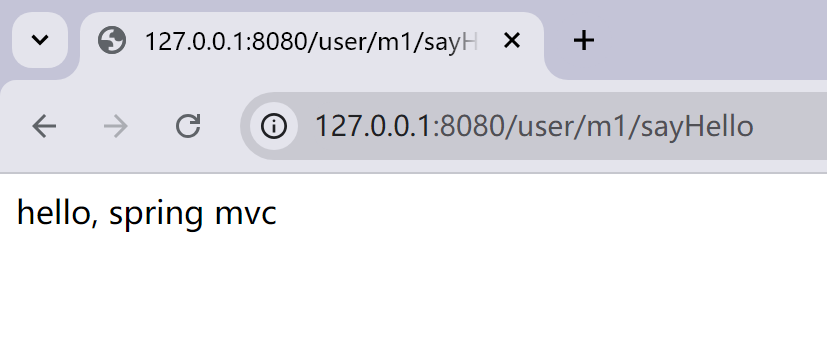
3. @RequestMapping 是 GET 还是 POST 请求?
我们来测试一下就知道了
GET 请求
浏览器发送的请求类型都是 GET,通过以上案例,可以看出来 @RequestMapping 支持 GET 请求
POST 请求
我们通过 form 表单来构造请求:
创建 test.html,HTML代码:
<!DOCTYPE html>
<html lang="en">
<head>
<meta charset="UTF-8">
<title>Title</title>
</head>
<body>
<form action="user/sayHello" method="post">
<input type="submit" value="提交">
</form>
</body>
</html>
- 前端代码放在
static目录下,访问方式为:
http://127.0.0.1:8080/test.html
- 如果有多层目录,访问链接从 static 目录开始写

- 如上图,访问链接为:
127.0.0.1:8080/html/test.html

从运行结果可以看出:@RequestMapping既支持GET请求,又支持POST请求。同理,也支持其他的请求方式,那如何指定GET或者POST类型呢?
指定 GET/POST 方法类型
我们可以显示指定的 @RequestMapping 来接收 POST 的情况,如下所示:
import org.springframework.web.bind.annotation.RequestMapping;
import org.springframework.web.bind.annotation.RequestMethod;
import org.springframework.web.bind.annotation.RestController;
@RestController
public class UserController {
@RequestMapping(value = "/getRequest", method = RequestMethod.POST)
public String sayHi() {
return "hello, spring mvc";
}
}
2. Postman 介绍
从上面的案例中,发现了一个新的问题,就是我们测试后端方法时,还需要去写前端代码。这对我们来说,是一件麻烦又痛苦的事情。
随着互联网的发展,也随着项目难度的增加,企业也按照开发的功能,把人员拆分成了不同的团队。界面显示交给“前端开发工程师”,业务逻辑的实现交给了“后端开发工程师”。后端开发工程师,不要求也不需要掌握前端的技能了。
那后端开发工程师如何测试自己的程序呢?使用专业的接口测试工具—— Postman
1. 创建请求
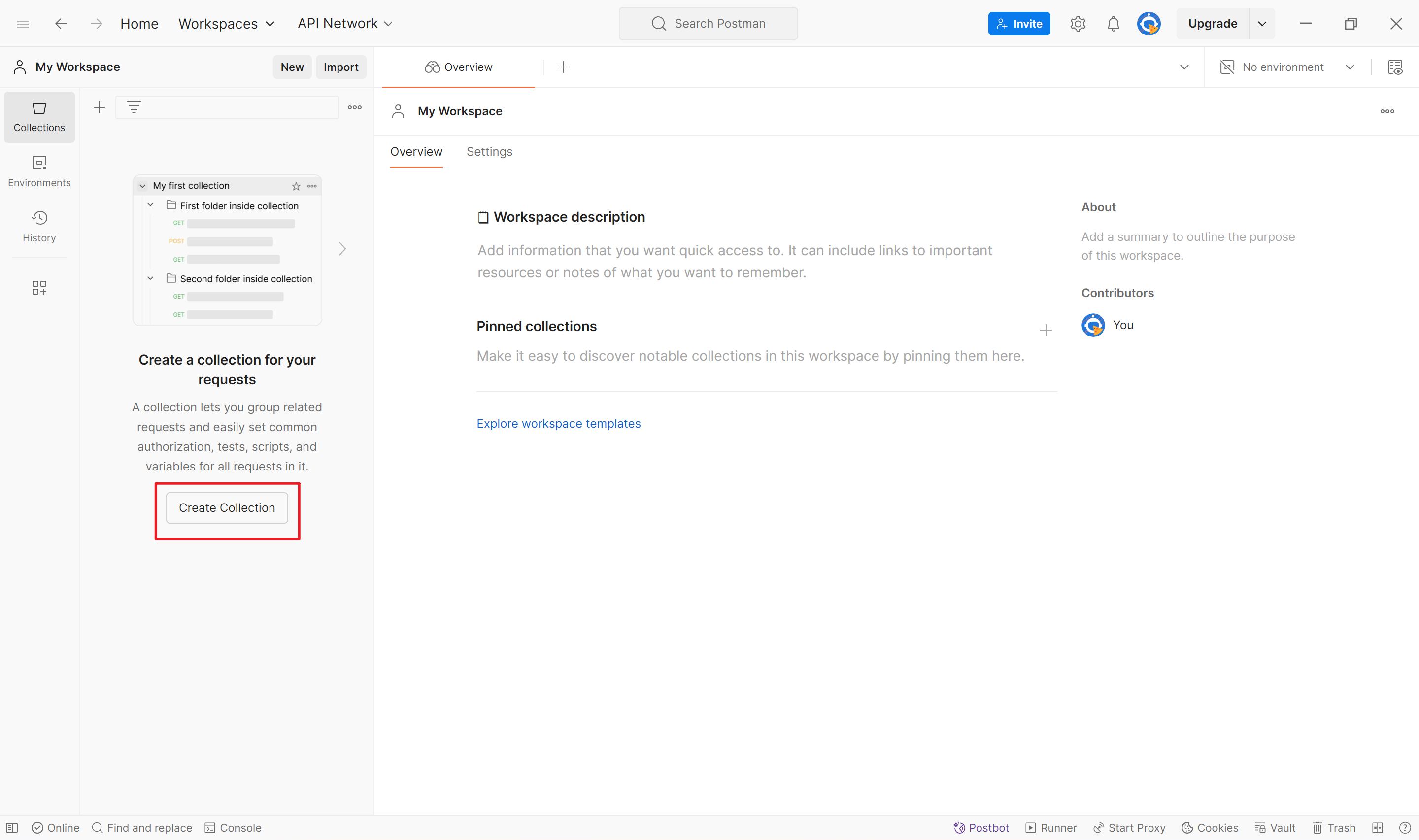
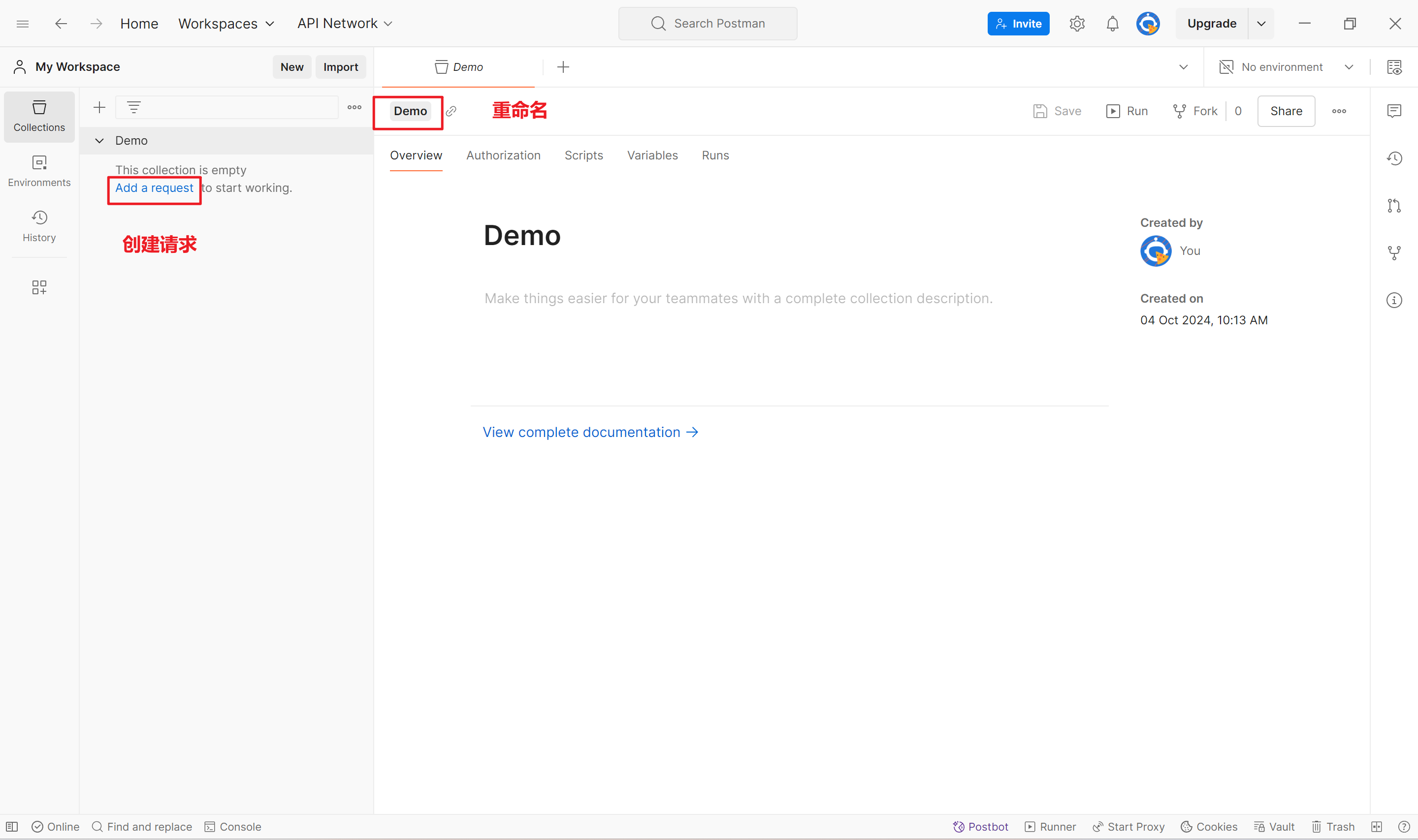
界面介绍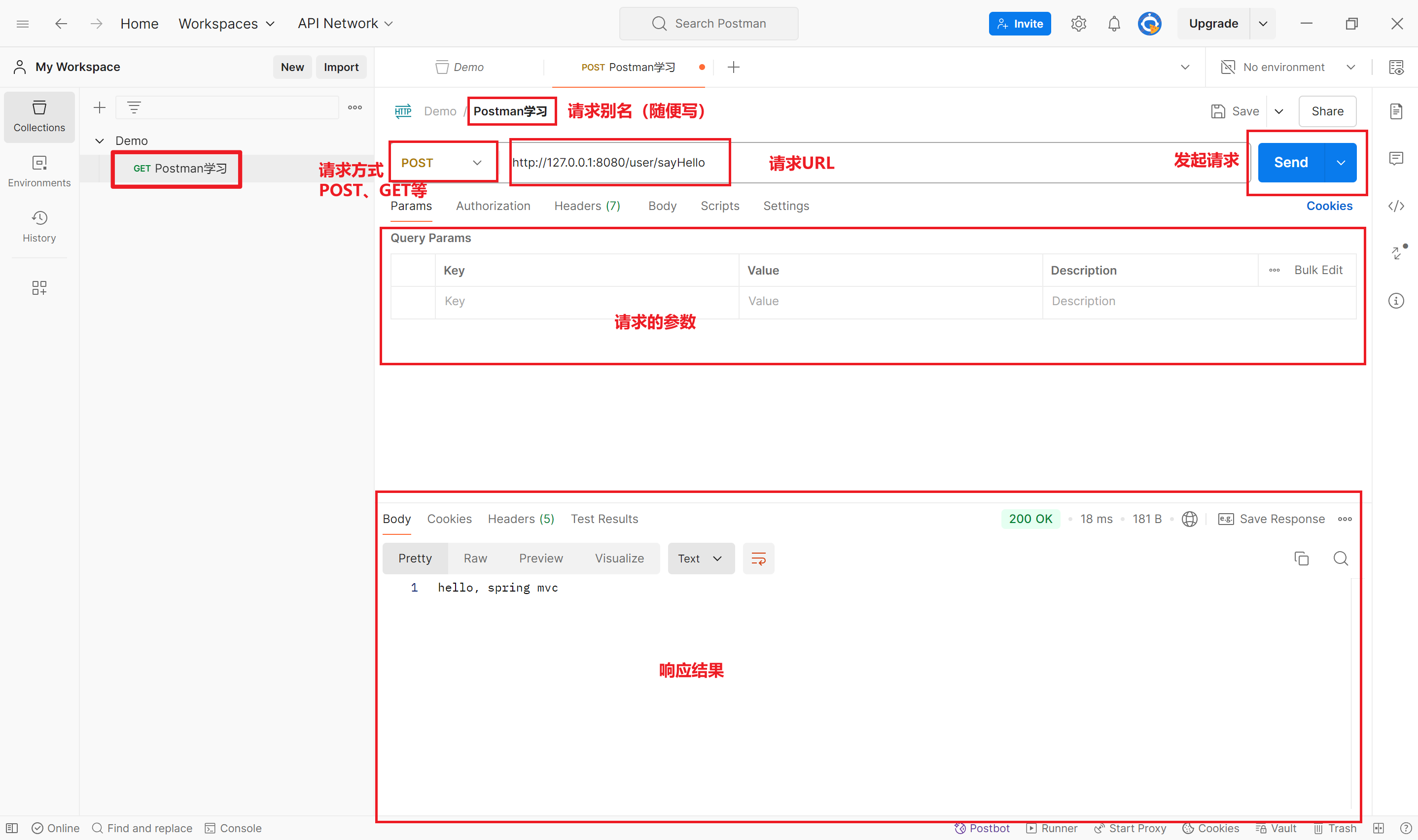
2. 传参介绍
1. 普通传参
也就是通过查询字符串来传参
学习 HTTP 的时候,我们通过 URL 来访问互联网上的某一个资源,URL 的格式如下: 其中,查询字符串就是请求的参数
其中,查询字符串就是请求的参数
2. form-data
完整表示为:multipart/form-data。表单提交的数据,在 form 标签中加上 enctyped="multipart/form-data",通常用于提交图片/文件。对应 Content-Type: multipart/form-data
3. x-www-form-urlencoded
form 表单,对应 Content-Type: application/x-www-from-urlencoded
4. raw
可以上传任意格式的文本,可以上传 text、json、xml、html 等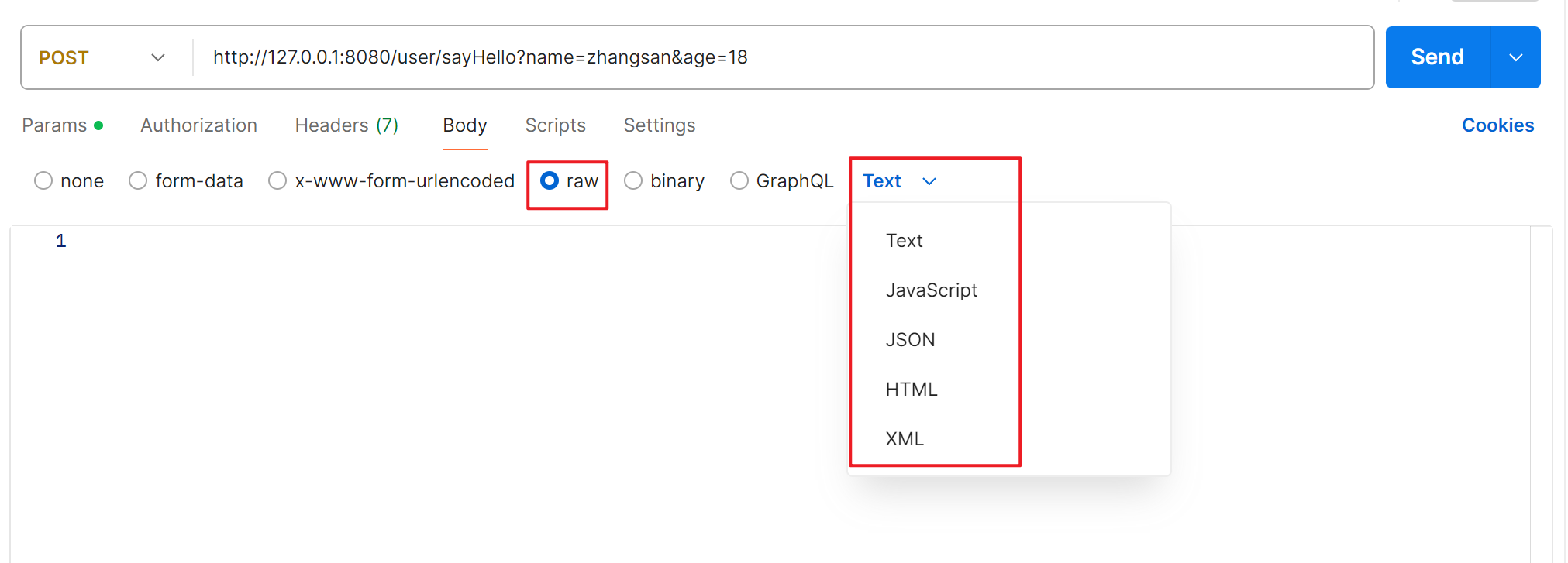
- 点赞
- 收藏
- 关注作者

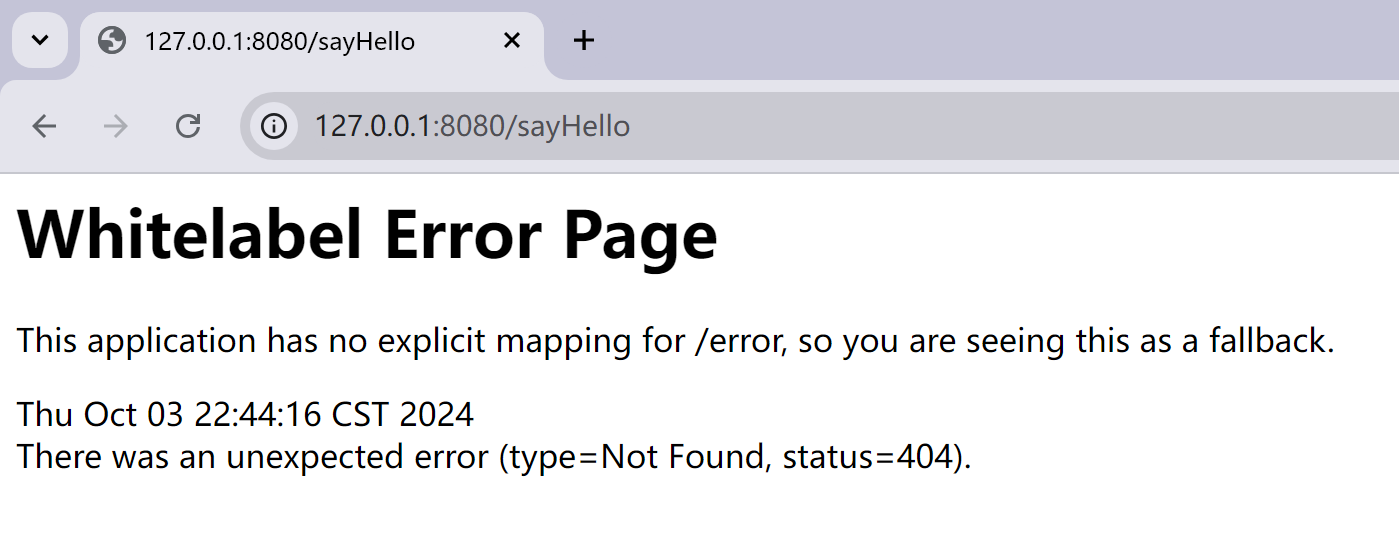
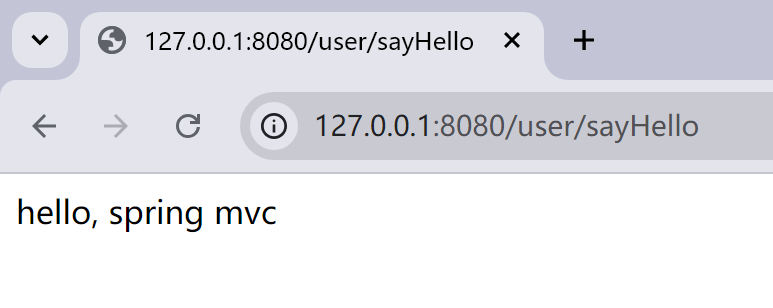
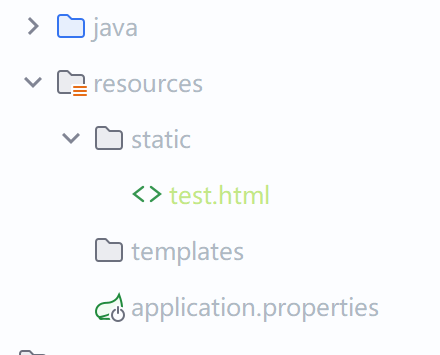
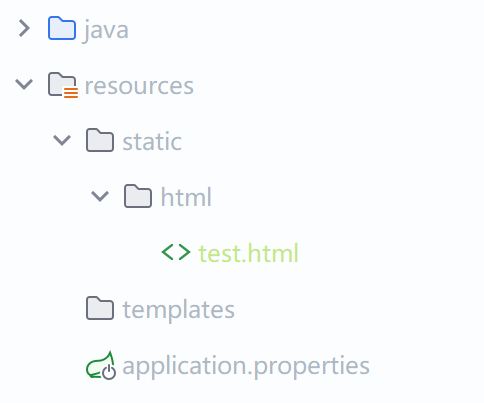


评论(0)